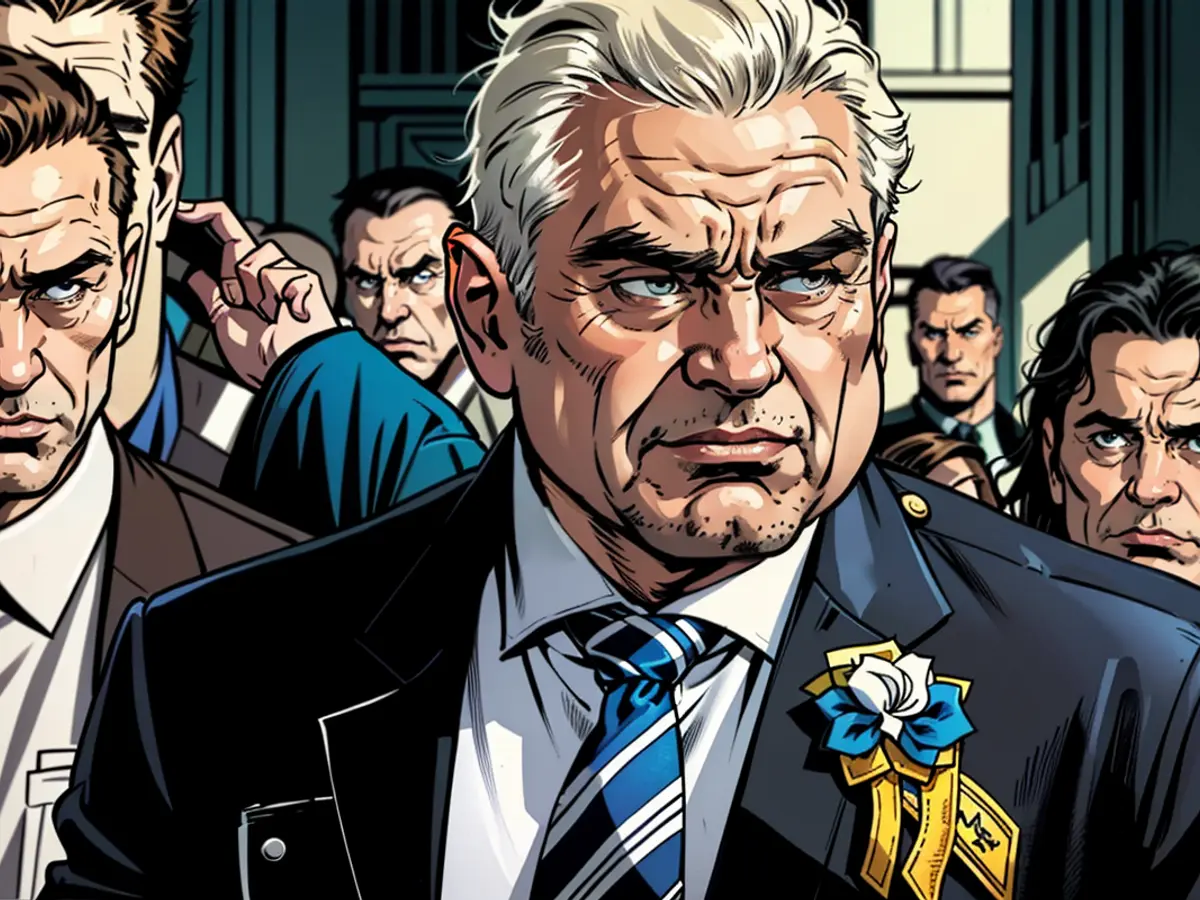Warning before storms - Russia's ambassador in Berlin warns of US weapons
Russia's Ambassador to Germany, Sergey Netchaev, warned the German government against further deterioration of relations between Moscow and Berlin, should the US station advanced weapons there starting from 2026, capable of reaching Russia. "It is to be hoped that the German political elites will once again weigh whether such a destructive and dangerous step, which neither contributes to the security of the Federal Republic of Germany nor to the European continent as a whole, is advisable. Not to mention the irreparable damage to German-Russian relations," Netchaev said.
On the sidelines of the NATO summit, the White House and the German government announced that, for the first time since the Cold War, US weapon systems would be stationed in Germany from 2026. Netchaev stated that this would lead to further tensions, an arms race, and the risk of uncontrollable confrontation. This could result in irreversible consequences. Russia would take corresponding measures to respond.
The Nuclear Power had repeatedly threatened to defend its interests with all means. Moscow warns of a nuclear counterstrike if Russia's existence is threatened with conventional weapons.
The new stationing is justified by the Russian aggression against Ukraine and Moscow's overall aggressive behavior towards NATO and EU states.
The Russian Ambassador to the USA, Anatoli Antonov, stated that US missile bases on German territory would be within range for Moscow. He spoke of a "grave mistake by Washington." "Such extremely destabilizing steps are a direct threat to international security and strategic stability," Antonov said. "I would like to emphasize that Russian tolerance towards provocations against the security of our country is not limitless."
From 2026, Tomahawk cruise missiles with a range of more than 2000 kilometers, SM-6 missile defense systems, and new supersonic weapons will provide better protection for NATO allies in Europe. However, the planned start of the stationing is more than a year after the US presidential election in November; a possible President Donald Trump could reverse it.
- The Federal government of Germany should consider the potential consequences of allowing the US to station advanced weapons in Germany from 2026, as warned by Russia's Ambassador to Germany, Sergey Netchaev.
- During the NATO Summit, it was announced that US weapon systems will be stationed in the Federal Republic of Germany for the first time since the Cold War, leading to concerns from Russia's ambassador to Germany.
- Moscow has repeatedly threatened to defend its interests with nuclear weapons if its existence is threatened with conventional weapons, as the Russian ambassador to the USA, Anatoli Antonov, warned.
- The new stationing of US weapons in Germany is justified by Russia's aggression against Ukraine and overall aggressive behavior towards NATO and EU states.
- US missile bases on German territory, as part of the new stationing, would be within range for Moscow, according to Russia's ambassador to the USA, Anatoli Antonov.
- The planned start of the stationing of Tomahawk cruise missiles, SM-6 missile defense systems, and new supersonic weapons in Germany is more than a year after the US presidential election in November, leaving room for potential change if a new President Trump is elected.
- Berlin and the White House's decision to allow US weapons to be stationed in Germany from 2026 could escalate conflicts between Russia and NATO, as warned by Sergey Netchaev and Anatoli Antonov, highlighting the potential dangers of this decision.








